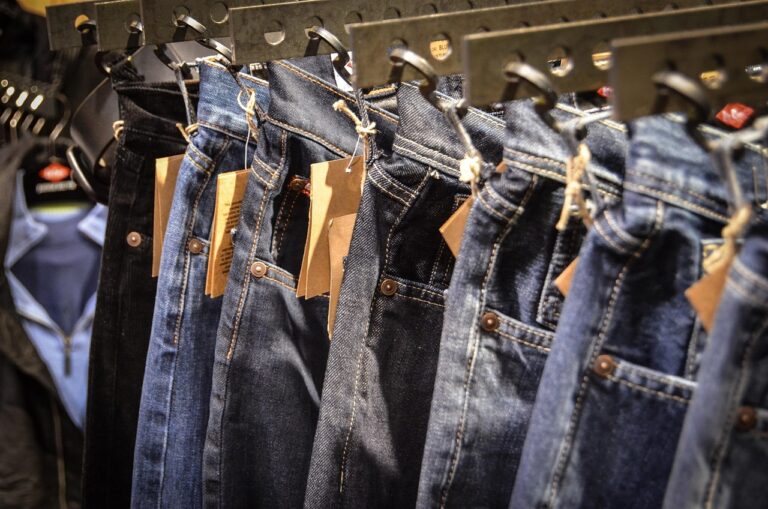Ethical Shopping: How to Find Sustainable and Fair-Trade Brands
When it comes to making consumer choices, the impact of our purchases goes beyond just our own satisfaction. Ethical shopping is important as it considers the broader implications of our buying decisions. By opting for products that are produced ethically, we can contribute to positive change in various industries and support businesses that prioritize fair treatment of workers and sustainable practices.
Moreover, ethical shopping plays an essential role in shaping a more equitable and environmentally sustainable future. By choosing to support brands and companies that adhere to ethical standards, we are fostering a culture of social responsibility and environmental consciousness. This not only benefits the well-being of workers and communities but also helps in preserving the planet for future generations.
Understanding Sustainable Practices in the Fashion Industry
Sustainable practices in the fashion industry encompass a wide range of considerations, from sourcing materials ethically to reducing waste in production processes. Brands are increasingly recognizing the importance of implementing eco-friendly strategies to minimize their environmental footprint and contribute to a more sustainable future. By prioritizing renewable resources and investing in innovative technologies, fashion companies can create products that are both stylish and environmentally responsible.
Furthermore, embracing sustainability goes beyond just the materials used in clothing. It also involves ensuring fair wages and safe working conditions for garment workers throughout the supply chain. Ethical treatment of employees and transparency in business practices are crucial aspects of sustainable fashion. Customers are becoming more mindful of these factors and are seeking out brands that align with their values of social and environmental responsibility.
Identifying Fair-Trade Brands
When it comes to identifying fair-trade brands, consumers should look for certifications like Fair Trade Certified, Fairtrade International, or World Fair Trade Organization. These certifications ensure that the products meet specific social, economic, and environmental standards set by fair-trade organizations.
Additionally, consumers can research the brand’s transparency and commitment to fair-trade practices. Brands that openly share information about their supply chain, production processes, and fair-trade initiatives are more likely to be authentic in their fair-trade claims. Conducting thorough research and being mindful of these indicators can help consumers make informed decisions when choosing fair-trade brands.





